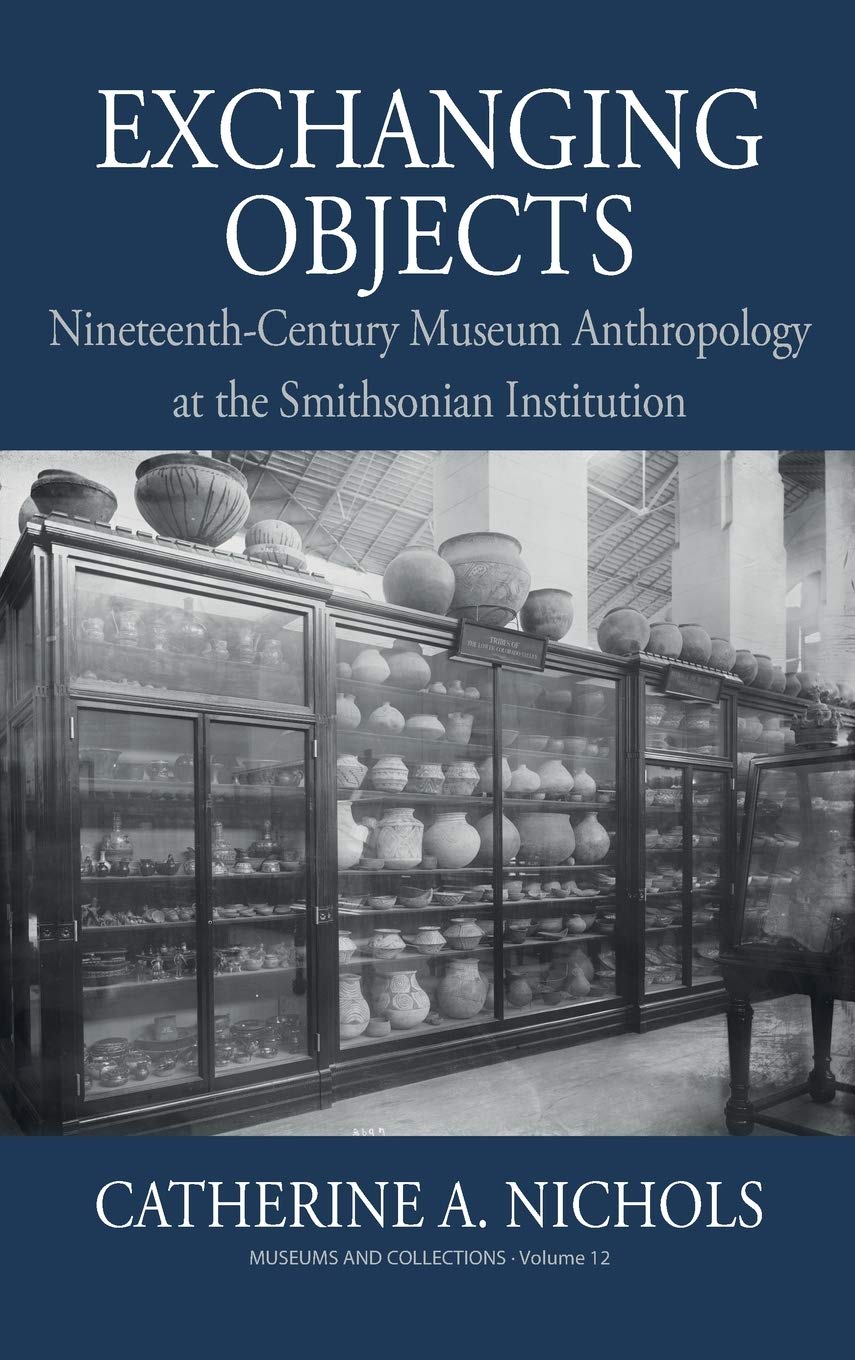

Most ebook files are in PDF format, so you can easily read them using various software such as Foxit Reader or directly on the Google Chrome browser.
Some ebook files are released by publishers in other formats such as .awz, .mobi, .epub, .fb2, etc. You may need to install specific software to read these formats on mobile/PC, such as Calibre.
Please read the tutorial at this link: https://ebookbell.com/faq
We offer FREE conversion to the popular formats you request; however, this may take some time. Therefore, right after payment, please email us, and we will try to provide the service as quickly as possible.
For some exceptional file formats or broken links (if any), please refrain from opening any disputes. Instead, email us first, and we will try to assist within a maximum of 6 hours.
EbookBell Team

5.0
30 reviewsAs an historical account of the exchange of “duplicate specimens” between anthropologists at the Smithsonian Institution and museums, collectors, and schools around the world in the late nineteenth century, this book reveals connections between both well-known museums and little-known local institutions, created through the exchange of museum objects. It explores how anthropologists categorized some objects in their collections as “duplicate specimens,” making them potential candidates for exchange. This historical form of what museum professionals would now call deaccessioning considers the intellectual and technical requirement of classifying objects in museums, and suggests that a deeper understanding of past museum practice can inform mission-driven contemporary museum work.